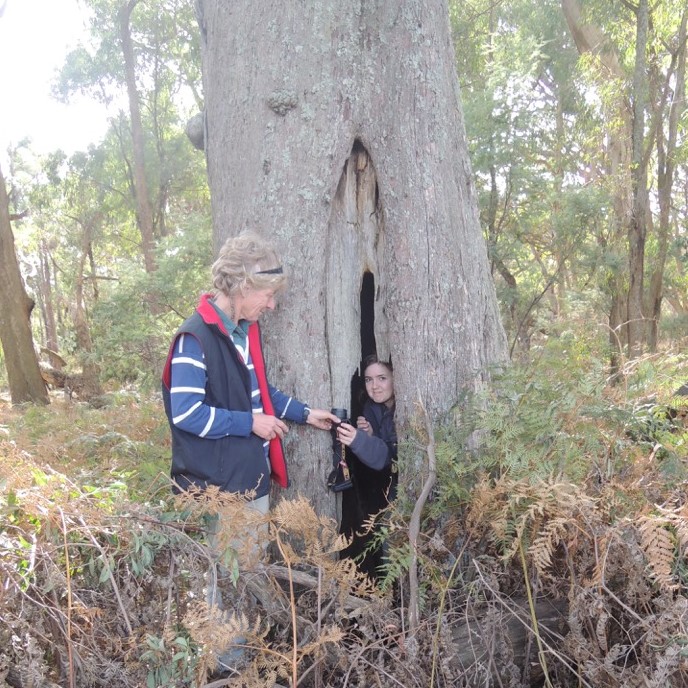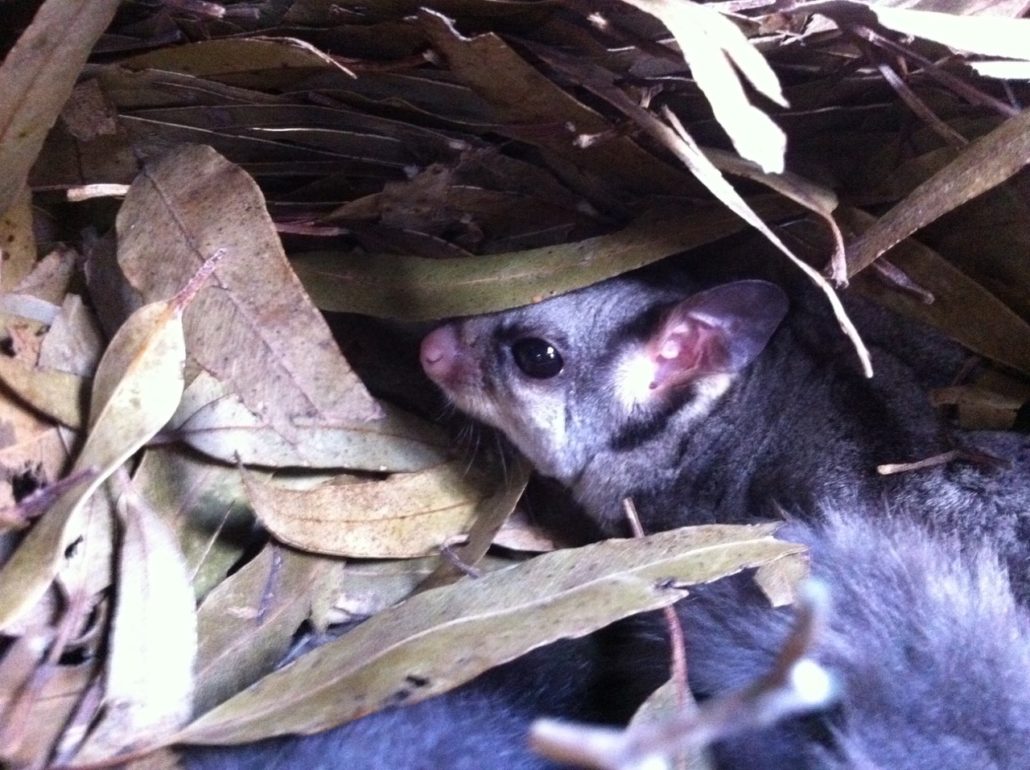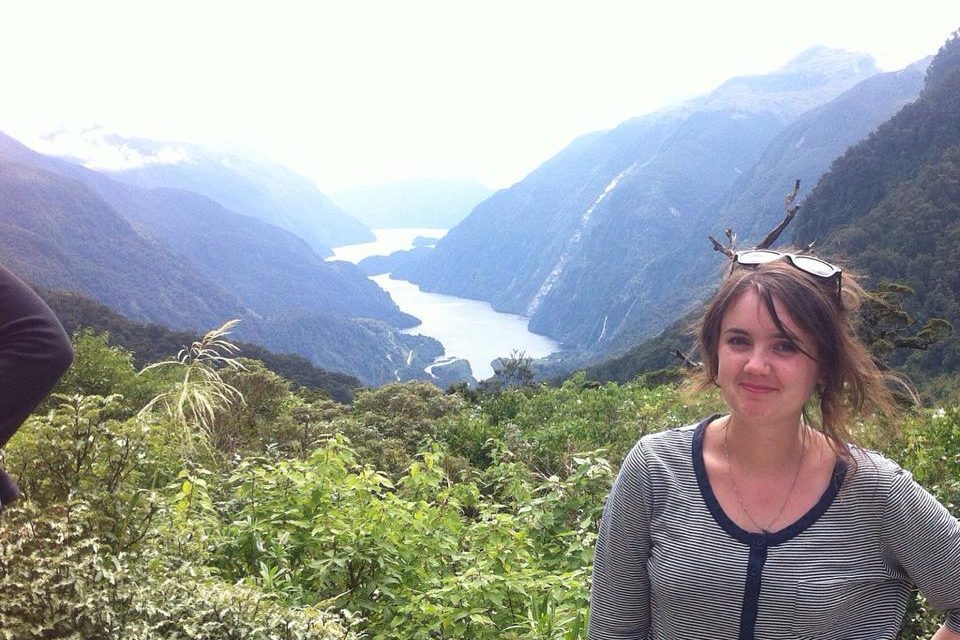Our member in the spotlight this week is Jessica Rowland, who is completing her PhD at Deakin University. Jessica was awarded the 2017 Best Student Paper Award for her paper, “Comparing the thermal suitability of nest-boxes and tree-hollows for the conservation-management of arboreal marsupials”

How did it feel to be selected as the recipient of the SCBO Oceania student paper award?
I was so excited when I found out that I had won the award, I really wasn’t expecting it. This is the first paper I’ve had published, so I’m really proud of it. The paper is based on my masters research looking into the conservation value of nest-boxes for marsupials. Masters can be a pretty tough slog sometimes, so it was such a nice feeling to know that all of that hard work was appreciated.
What has been the highlight of your research to date and what has been the most interesting thing that you have learned?
One of the highlights of my research career so far has definitely been the people that I’ve worked with. I’ve been really lucky to work with people who are very clever and passionate about what they do, but also super supportive and have helped me learn so much! Another major highlight was going to present my research at the ICCB in Cartagena, Colombia. Not only did I get to see a sloth, but I also had the chance to chat to other scientists from around the world working in my field. The most interesting things that I’ve learnt through my post-grad have been that it’s much harder to define an ecosystem than I thought, field-work is not for everyone, and that I get way more excited than expected over using R.
What project(s) are you currently working on?
I’m currently working on my PhD examining the use of indicators in the International Union for the Conservation of Nature’s Red List of Ecosystem risk assessments. I’m particularly interested in the types of indicators used to assess change in ecosystems, and whether using different types of indicators affects the predicted risk status of the ecosystem. I’ve also just started developing a way to use the vast amount of information that we are gathering from the Red List of Ecosystems assessments to inform how we are progressing towards the global biodiversity targets.

Do you think Taylor Swift and Katy Perry will ever ever be friends again and what are the implications for conservation in Oceania?
No I think that T-Swizzle and Katy P are never ever getting back together as friends, but that’s ok. I think there’s an important lesson there: not everyone is going to like your style, but you just have to shake it off, and try to be the best that you can be. There are definitely a lot of barriers in the way of conservation in Oceania, but it’s important to not let that stop us from doing all the good work we’re doing.
Where do you see yourself going next? What’s your dream job?
I’m about halfway through my PhD at the moment (yikes), and I’m really enjoying this area of research. I think that I’d like to continue focusing on global conservation issues, potentially while working for an international conservation organisation like the IUCN. I’d also like to do work that allows me to continue to develop my quantitative skills.
Thanks for speaking with us Jessica (and for your surprisingly insightful response to the joke question)! Jessica will receive free registration at next year’s SCB Oceania Conference being held in Wellington: http://wellington2018.scboceania.org/. You can read Jessica’s award winning paper here:

